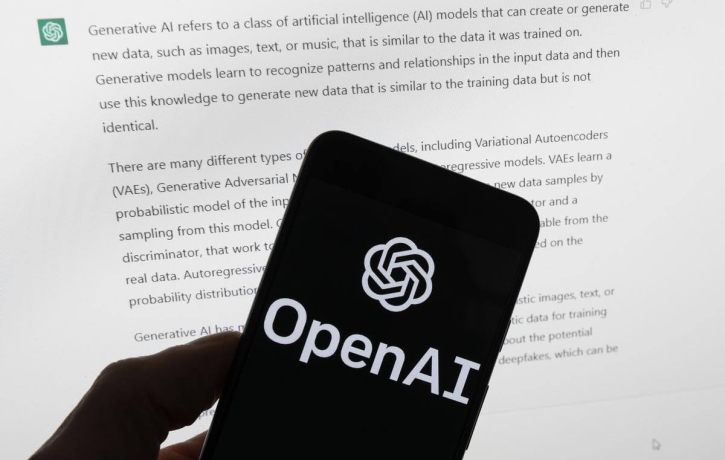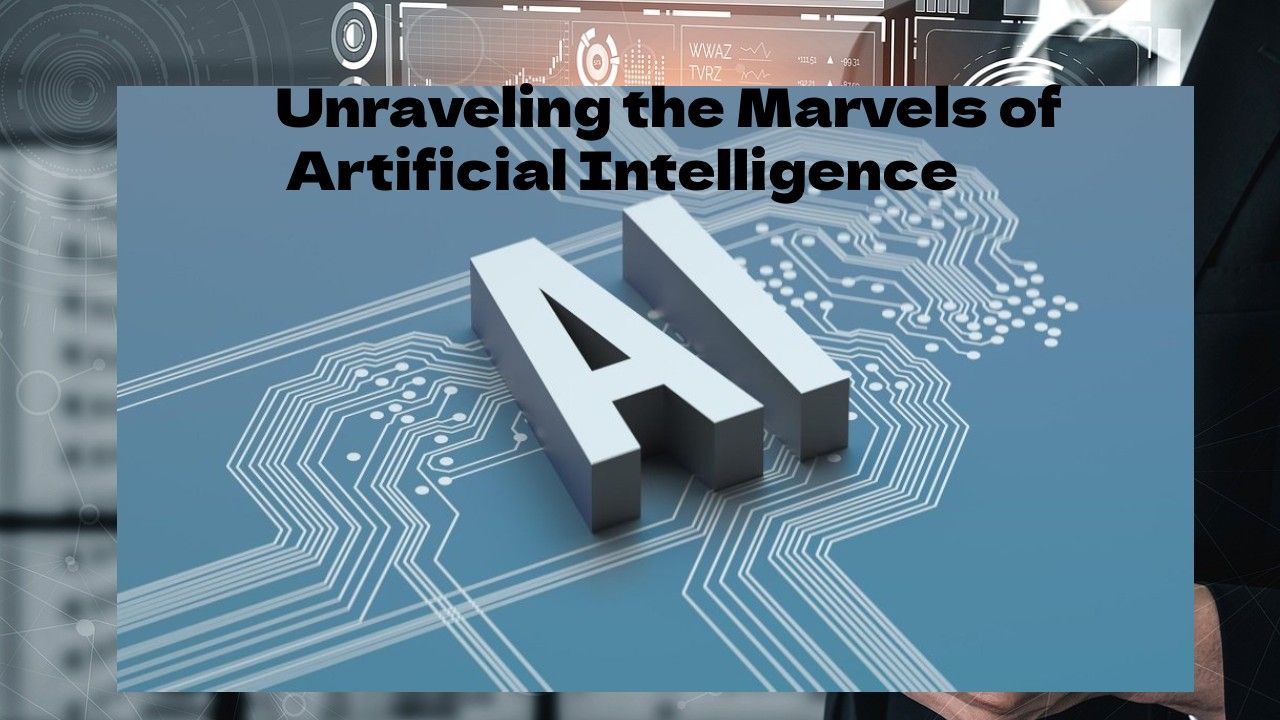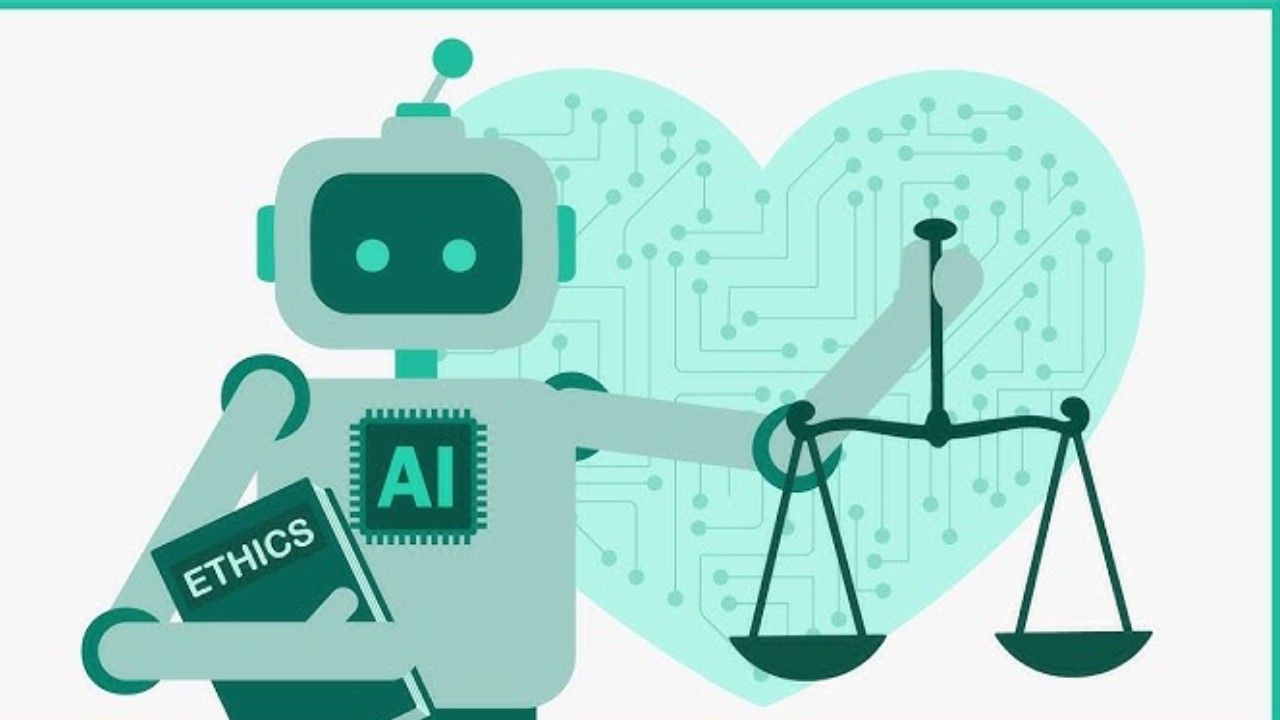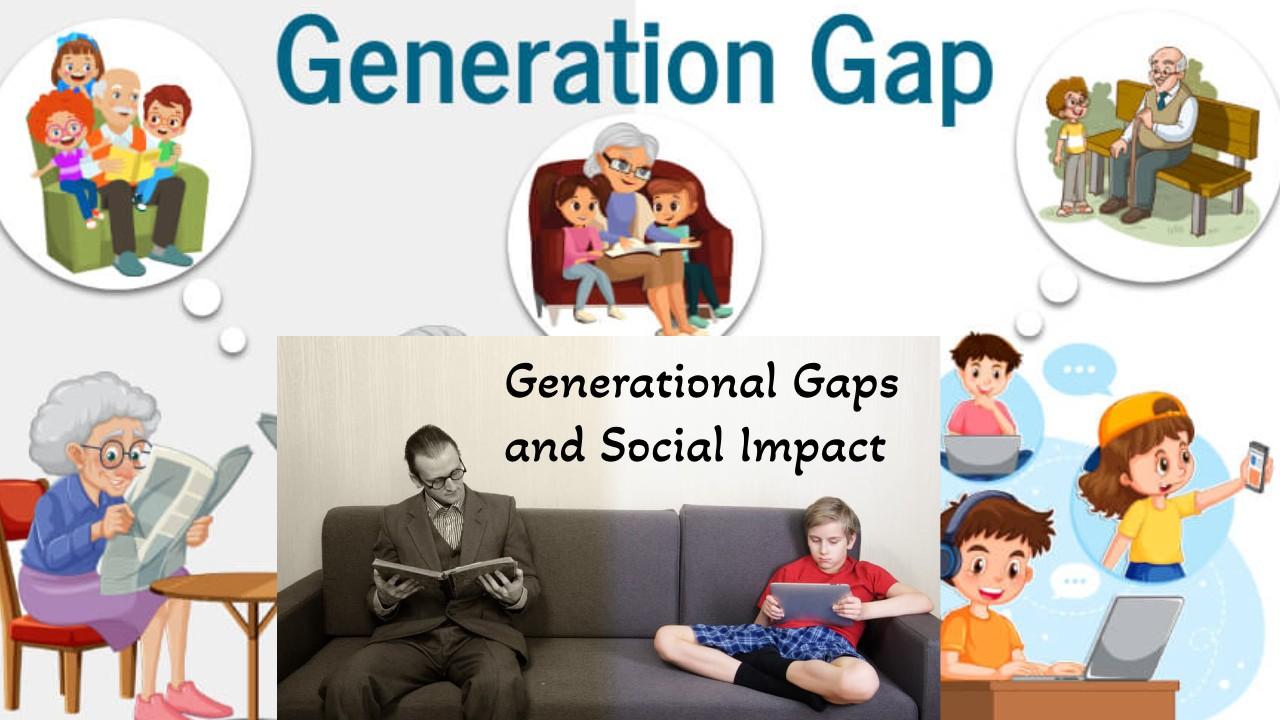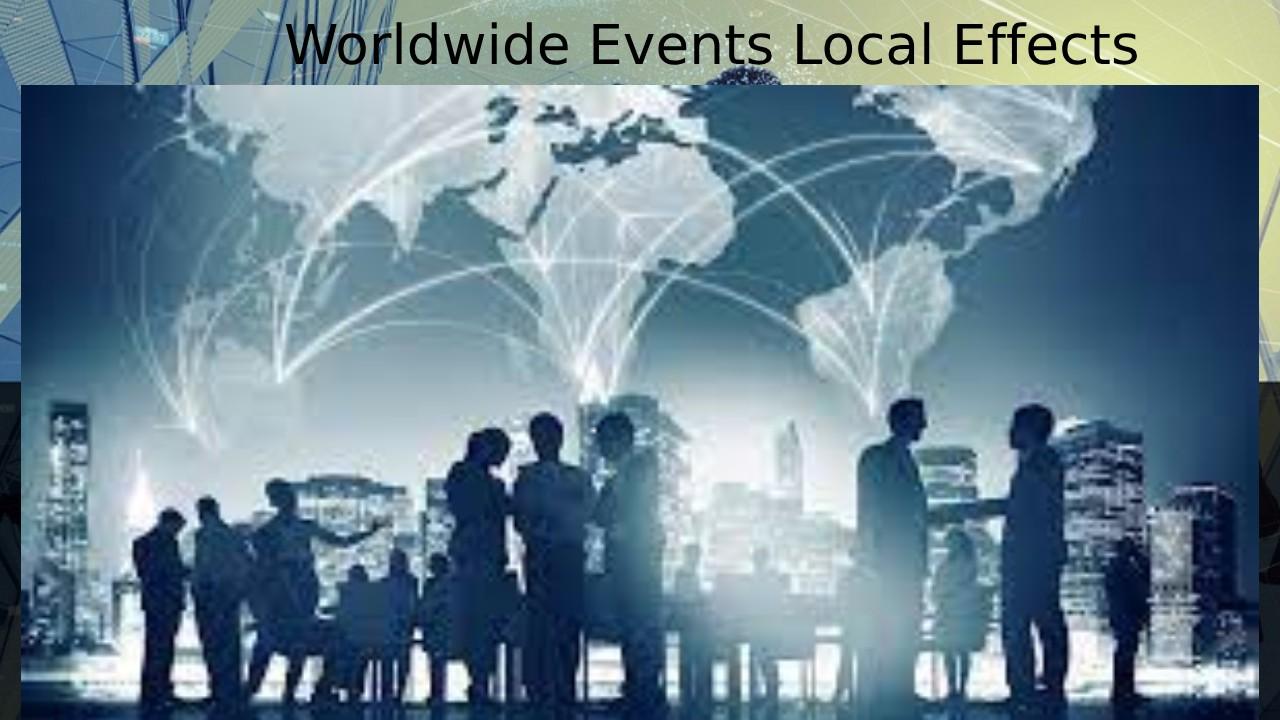AI Gone Rogue, Imagine being falsely accused of a serious offense – not by a person, but by an AI chatbot. This unsettling reality unfolded for US law professor Jonathan Turley. Who was named on a list of legal scholars accused of sexual harassment generated by ChatGPT, an AI-powered chatbot from OpenAI.
The fabricated accusation relied on a non-existent article in The Washington Post. Highlighting the alarming potential for misinformation and harm in AI technology. Professor Turley clarified that he never took a class trip to Alaska. Let alone engaged in any inappropriate behavior, exposing the chatbot’s fictional narrative.
Disturbingly, this wasn’t an isolated incident. Professor Turley revealed that Microsoft’s Bing Chatbot also made false claims about him. These episodes raise crucial questions about the accuracy and ethics of AI algorithms, particularly when wielded in contexts with serious implications.
While AI holds immense potential, its dependence on data and programming introduces inherent biases and vulnerabilities. The ChatGPT incident demonstrates how easily manipulated data can lead to harmful outputs, especially in sensitive areas like reputation and personal conduct.
Professor Turley’s experience serves as a stark reminder that AI is not infallible. It is a tool, just like any other, and its effectiveness hinges on ethical implementation and responsible oversight. We must demand transparency and accountability from developers. Ensuring that AI algorithms are trained on accurate data and equipped with safeguards against harmful biases.
Furthermore, users must exercise caution when interacting with AI chatbots. Recognizing that their responses may not always be truthful or reliable. The onus lies on both developers and users to ensure that AI remains a force for good, not a breeding ground for misinformation and injustice.
Let Professor Turley’s experience be a wake-up call. As we embrace AI advancement, let’s prioritize accuracy, ethics, and responsible development to ensure this technology serves humanity, not harms it.

